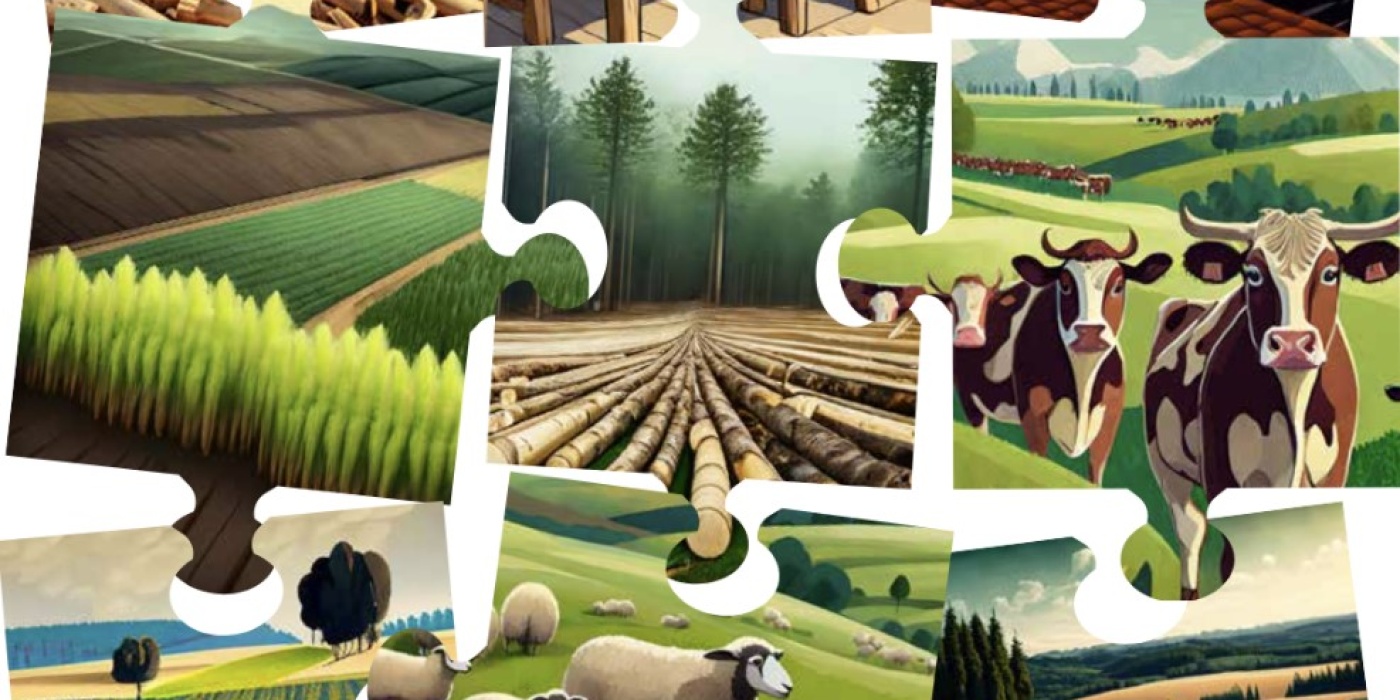This website uses cookies so that we can provide you with the best user experience possible. Cookie information is stored in your browser and performs functions such as recognising you when you return to our website and helping our team to understand which sections of the website you find most interesting and useful.
Report from the European Environment Agency (EEA)

The latest report from the European Environment Agency (EEA), titled ‘The European Biomass Puzzle,’ explores how biomass can play a crucial role in achieving our climate and environmental goals. It also delves into the potential impact of climate change on the EU’s biomass production in agriculture and forestry.
Biomass, which includes vegetation supporting ecosystems, capturing carbon, and supplying materials for various industries like construction, energy, transport, furniture, and textiles, is essential for realizing the objectives of the European Green Deal.
However, there’s intense competition for biomass, as the same type can serve multiple purposes. The European Green Deal envisions biomass contributing to food and energy security, nature conservation, pollution reduction, and efforts to address climate change. Despite these aspirations, scientific studies suggest that the EU might not have enough biomass to fulfill all these roles in the future.
The report sheds light on the challenges, benefits, and trade-offs associated with biomass use. Understanding and quantifying these factors are crucial to ensure that biomass supports, rather than hinders, the goals of the European Green Deal.
